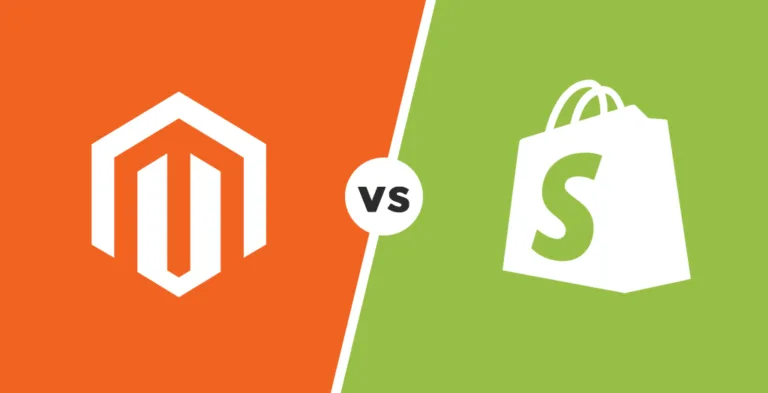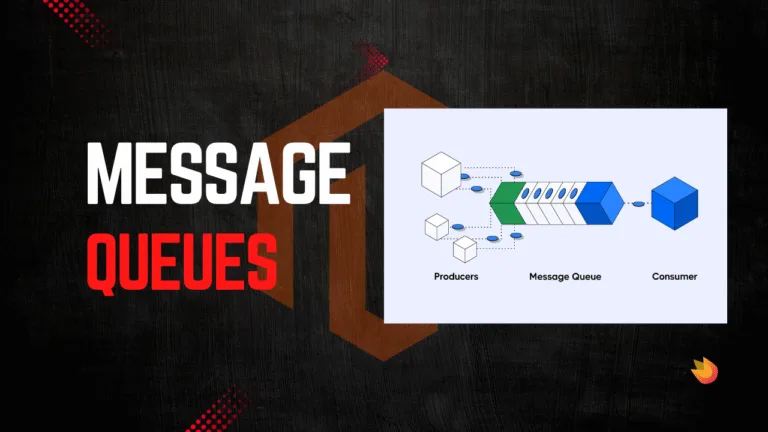When it comes to starting or scaling an online store, two names dominate the conversation: Magento and Shopify. Both are powerful, widely used platforms, but they serve very different needs. Choosing the right one can make or break your eCommerce journey.
In this blog, I’ll break down Magento vs Shopify in a straightforward way – no jargon, just clear insights to help you decide which is best for your business.
1. Ease of Use
- Shopify:
Shopify is designed for simplicity. Anyone can create a store without technical knowledge. The admin interface is clean, and setup is guided. If you’re a small business owner or don’t have a developer, Shopify feels like plug-and-play. - Magento:
Magento is powerful but has a steep learning curve. It’s developer-focused, meaning you’ll likely need technical expertise (or a developer) to set it up and maintain it. But the trade-off is full flexibility.
👉 Winner: Shopify for ease of use. Magento if you want full control and don’t mind complexity.
2. Customization & Flexibility
- Shopify:
Customization is limited to what Shopify allows. Yes, you can change themes, tweak design, and install apps, but core functionality is locked. You’ll often depend on paid apps for advanced features. - Magento:
Magento is open-source, meaning you can customize almost anything – from checkout flow to product logic. If you want a unique, enterprise-level store with complex requirements, Magento shines.
👉 Winner: Magento – unmatched flexibility.
3. Cost
- Shopify:
Shopify pricing starts from $29/month and can go up to $399/month for advanced plans. You’ll also pay transaction fees (unless you use Shopify Payments) and additional charges for premium apps. - Magento:
Magento Open Source is free, but hosting, development, and maintenance costs can add up. If you go with Adobe Commerce (Magento’s enterprise version), pricing is significantly higher (enterprise-level budgets).
👉 Winner: Shopify for predictable monthly costs. Magento if you’re ready to invest for large-scale business.
4. Scalability
- Shopify:
Shopify can scale, but it has limits. For extremely large product catalogs or unique business models, you may feel constrained. - Magento:
Magento is built for scalability. From small catalogs to massive multi-store enterprises, Magento can handle it – if you have the right infrastructure.
👉 Winner: Magento – best for enterprises and high-growth businesses.
5. SEO & Marketing
- Shopify:
Shopify is good for SEO, but you can’t tweak everything (like URL structure in some cases). It has built-in marketing tools and integrates easily with third-party platforms. - Magento:
Magento offers advanced SEO control out of the box. Developers can optimize almost everything, from metadata to URLs, giving you an edge in competitive markets.
👉 Winner: Magento – for complete SEO control.
6. Community & Support
- Shopify:
Offers 24/7 official support, which is perfect if you’re not technical. The app marketplace is huge, so you’ll find solutions quickly. - Magento:
Backed by a massive global developer community. While there’s no direct support for the free version, the ecosystem of agencies, freelancers, and forums is rich.
👉 Winner: Tie – Shopify for official support, Magento for community-driven expertise.
Final Verdict: Which One Should You Choose?
- Choose Shopify if:
- You want a quick, hassle-free setup.
- You don’t have in-house developers.
- You prefer a predictable monthly cost.
- Your store is medium-sized and straightforward.
- Choose Magento if:
- You want full control over customization.
- You’re running a large, complex, or enterprise-level store.
- You’re prepared to invest in development and hosting.
- Scalability and flexibility are top priorities.
Conclusion
There’s no universal winner between Magento and Shopify – it depends on your business goals. If you want simplicity and speed, Shopify is your friend. If you want power and scalability, Magento is the way to go.
At the end of the day, the best platform is the one that aligns with your vision, resources, and growth plan.



